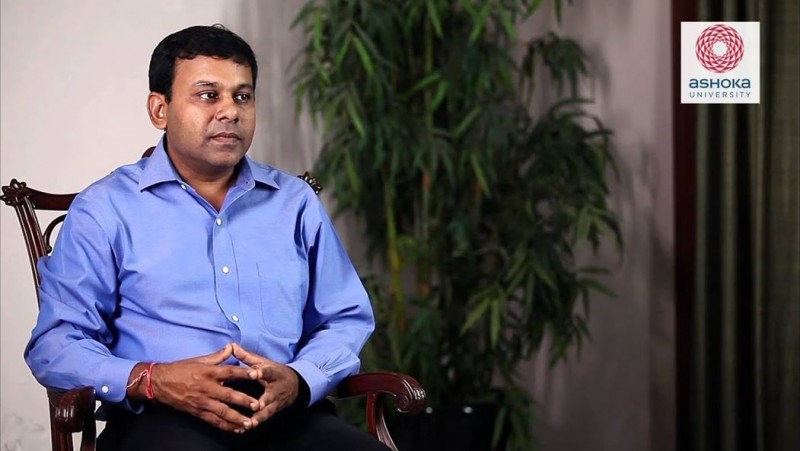
By 2035, 5G services are expected to create an impact of close to $12 Trillion in the world economy, connecting the global population at speeds which were considered impossible only a few years ago. “5G will transform a host of industries such as finance, entertainment, automobile, retail, real estate, e-commerce and education and with Indian telecom providers set to roll out 5G connections which are believed to be 100 times faster than the last generation services, we are at the threshold of the next digital revolution in India”, believes Vineet Gupta Ashoka University Founder
The advent of 5G and how it will aid the education sector
Millions of Indians access the internet for the first time every year and we are in the top 3 nations in terms of internet consumption. With the advent of 4G services a decade ago, we saw the rise of edtech following the adoption of smartphones and 4G internet. 5G or 5th Generation internet services will help further introduce next gen edtech tools such as the metaverse, virtual reality and experiential learning among students.
What does 5G bring to the table that makes it better than the last generation?
Speed - 5G is the fastest internet connection for those dependent on cellular internet for their daily needs and with speeds likely to be far superior to 4G, communication will be faster and far more easier. Faster speeds will also allow developers to program e-learning software that are far more interactive than earlier to aid learning.
Enables access for all - For accessing stable virtual reality or augmented content, there was the need to have a high speed broadband connection earlier. “With 5G, we will be able to help students access immersive content without needing a broadband connection. It greatly helps bridge the divide that existed between the upper and lower strata of students”, said Vineet Gupta, Ashoka University Founder.
Cost effective - The costs of acquiring a 5G connection are one time and won’t be any different from current gen cellular connections. This greatly benefits students prevailing from the middle and lower income group families to access remote learning tools
Smart classrooms - 5G will help modernize classrooms across the country leveraging internet powered IOT devices that will make learning more immersive and engaging for students.
Cloud Access - “Cloud based storage and distribution has become a key aspect of distributing education material to a large group but this often needs a stable and high quality internet connection. With 5G enabled devices, students across the globe can access cloud databases both for downloading and uploading study material. They can get their work reviewed by peers or teachers who are sitting thousands of kilometers away from them”, added Vineet Gupta.
In time, 5G technology is set to open various new avenues for both the teachers and students. “The NEP 2020 seeks to modernize the Indian education system and internet and its rapid adoption will play a key role. 5G will reach pockets of the country where traditional wired connections have not and cannot reach, and thus, bring a whole new set of people to the internet, accelerating our push for making India a knowledge economy”, concluded Vineet Gupta Ashoka University Founder.
Tata Steel to merge 7 group entities with itself